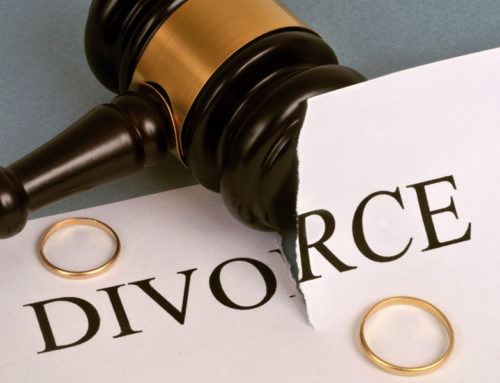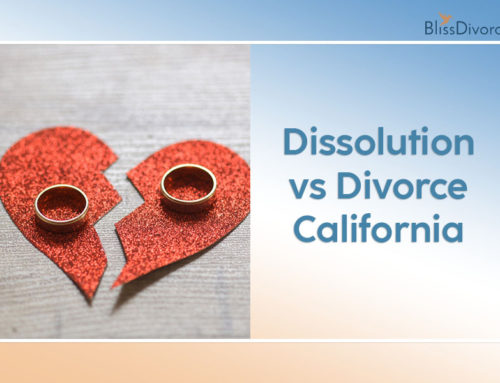The best way to get divorced is as cheaply, painlessly, and as quickly as possible. Most people agree on this point. However, when the spouses seeking a divorce don’t see eye-to-eye about what’s fair, it can be tempting see trial as a way to settle your differences.
The judge may not be the understanding person you imagined. They usually take a realist approach to divorce and are therefore more inclined to say, “Your marriage is over. Neither of you will have to live with this person anymore. That is your reward for your spouse’s conduct. Now, let’s divide the assets fairly, and we can all move on.” Divorce is not about revenge, especially for a judge who sees hundreds if not thousands of cases per year. For the judge, it is about helping you get on with your life. Once the judgment is rendered and the gavel pounds, you are stuck with the ruling.
By sitting down with your spouse and hammering out your agreement, you can save yourself a lot of time, money, and potentially, heartache. You and your spouse can come to an agreement at any time—before, during, or after the divorce.
Everybody has a different outlook for his or her post-divorce life. For some, getting on with their life depends on receiving a fair portion of the marital assets. If this sounds like you, then your most important ally in obtaining that goal is you. Try your best to reach an amicable agreement without getting to the stage of a court trial.
A good mediator can recognize when a case cannot settle. For example, each side may think his or her argument is perfectly reasonable and would prefer to take their chances at trial, rather than settle for less.
While it is better to settle in most cases, there are a few situations where it is better and less expensive for you to go to trial.
For example, let’s say that one spouse does not want a divorce. They might say, “I will be damned before I let my wife get away with this! I am not letting her take my kids out of my house!” In this type of case, it could take months to try to get the couple to settle. Some people need someone in a black judge’s robe to tell them that it is over and what they must do next. A good mediator will help you understand this scenario and react to it. A lawyer may not see the other side’s perspective or hear the discussions, but a mediator does.
*This article is for informational purposes only and is not intended to provide legal advice. If you require legal advice, please contact a licensed attorney in your local area.




